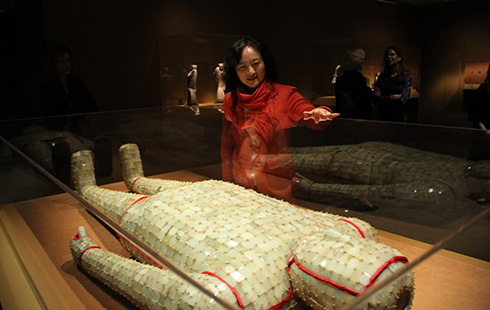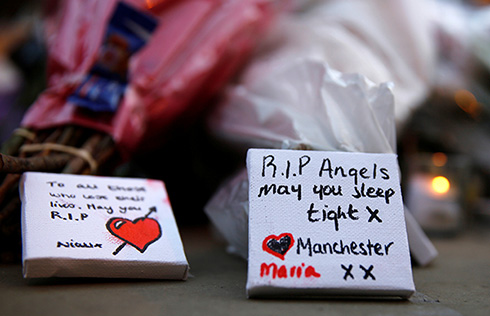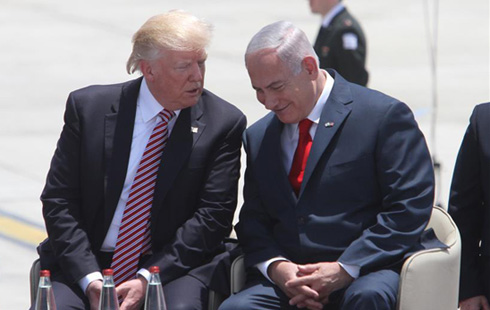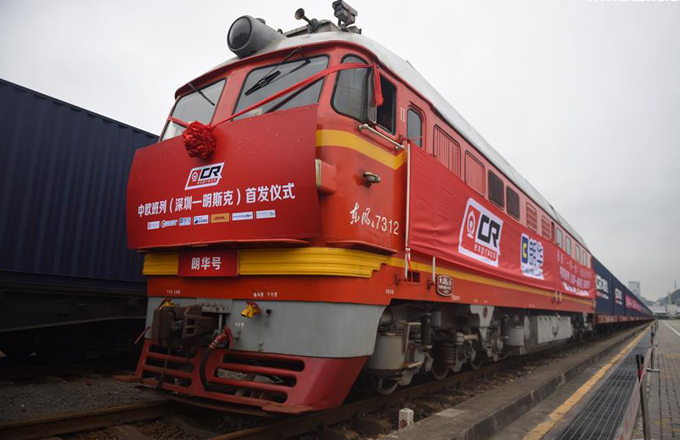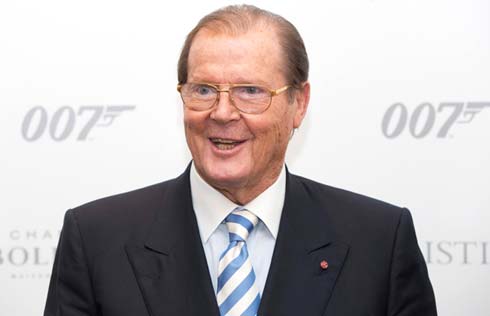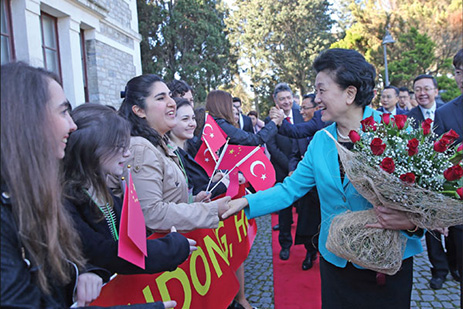Arms Trade Treaty opens for signature
UNITED NATIONS - The Arms Trade Treaty (ATT), the first international treaty regulating the global conventional weapons commerce, opened for signature at the United Nations Headquarters on Monday.
"Today we open for signature the landmark Arms Trade Treaty," said UN Secretary-General Ban Ki-moon at a special event marking the event.
"As we do, we recognize that the treaty itself has opened a door of hope to millions of women, men and children who live in deprivation and fear because of the poorly controlled international arms trade and the proliferation of deadly weapons," he said.
Approved on April 2 in the UN General Assembly by a vote of 154 to 3, with 23 abstentions, the ATT is designed to regulate the multi-billion-US dollar international arms trade.
Signatures are only the first step to ratification. The Treaty will come into force 90 days after it has been ratified by 50 nations.
"With the ATT, the world has decided to finally put an end to the 'free-for-all' nature of international weapons transfers," Ban said.
The UN chief noted that from now on, weapons and ammunition should only cross borders after the exporter confirms that the transfer complies with internationally agreed standards.
He underlined that the ATT will provide an effective deterrent against excessive and destabilizing arms flows, particularly in conflict-prone regions. ?
"It will make it harder for weapons to be diverted into the illicit market ... to reach warlords, pirates, terrorists and criminals ... or to be used to commit grave human rights abuses or violations of international humanitarian law," Ban said.
The secretary-general called on all governments to bring national legislation and procedures in line with the requirements of the treaty "so that it becomes a strong force for security and development for all."
UN High Representative for Disarmament Affairs Angela Kane, who opened the special event, said that the day "opens a new chapter in which states will sign up to an international contract bringing responsibility and transparency to the global arms trade."
While the ATT is "not perfect," she said, it is certainly "robust."
Though it will not control the domestic weapons use, once ratified, it will require states to establish national regulations to control the transfer of conventional arms and regulate arms brokers, among other objectives.
The treaty covers battle tanks, armored combat vehicles, large- caliber artillery systems, combat aircraft, attack helicopters, warships, missiles and missile launchers, as well as small arms and light weapons.
So far at the Monday special event, more than 60 countries have signed the treaty.






